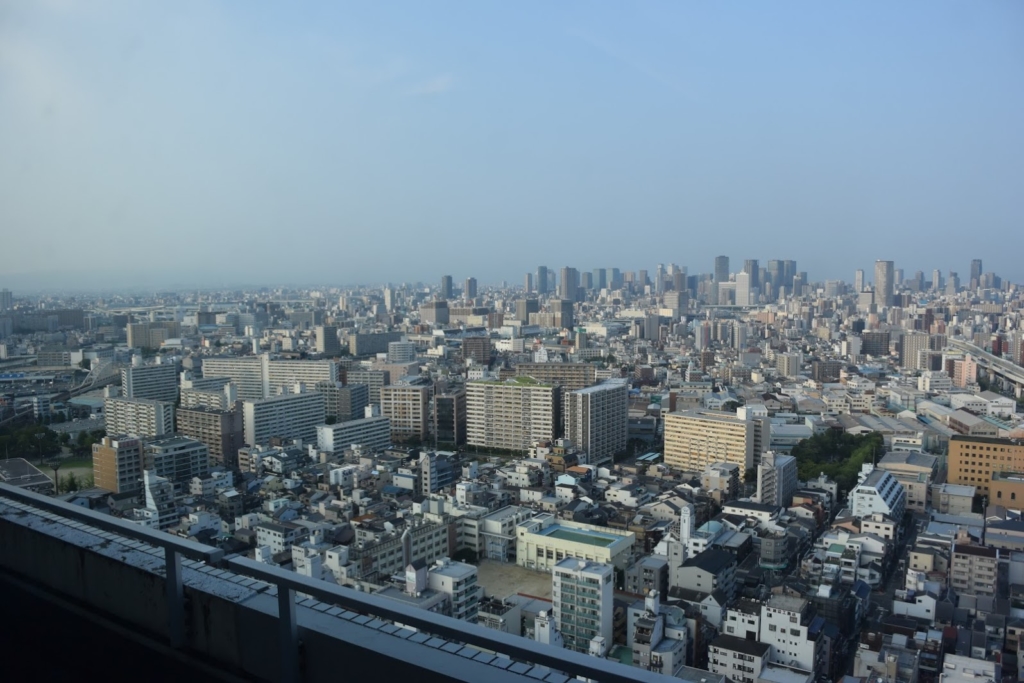
I would like to analyze the existing circumstances of real estate investments.
Real estate property is individual and different. There is a quite high variation about each property. On the other hand, there is the average real estate market trend of all properties. I analyze about the general trend here at the moment.
The Gross Rates of Return (%) are consistently trending downwards since 2014. Japan national average of the Gross Rate of Return was 9.0% in 2014, but it is 5% level in 2019.
The Gross Rate of Return means the percentage of yearly rental income divided by the purchase price of the real estate property. (Gross Rate of Return) = (Yearly rental income) ÷(Purchase Price)
However, the Net Rate of Return is the percentage figure of net yearly rental income divided by the net purchase price. (Net Rate of Return) = (Net yearly rental income) ÷ (Net Purchase Price)
- (Net yearly rental income) = (Yearly rental income) - (Overhead expenses)
- (Net Purchase Price) = (Purchase Price) - (Overhead expenses at the time of purchase)
The capital cost means the bank charges %. Therefore, the figure real estate investors should consider is the following percentage.
(Net Rate of Return) - (Bank charges)
The number of this percentage is approaching approximately 0% or below 0% now.
What is meant by this figure?
If real estate investors can expect for capital gains, they will continue to purchase properties even if the income gains are below 0%.
Conversely speaking when property purchase prices top out and show signs of retreat, real estate selling price begins all downward trend in real estate purchase prices because investors do not buy.
Since the purchase prices decline and then the income gain % will be adjusted, the suitable opportunity for investment will present itself.
When the time comes the income gains become normal %, namely, properties of over 10% gross return rate are beginning to come onto the real estate market, it will be the investment opportunities.
